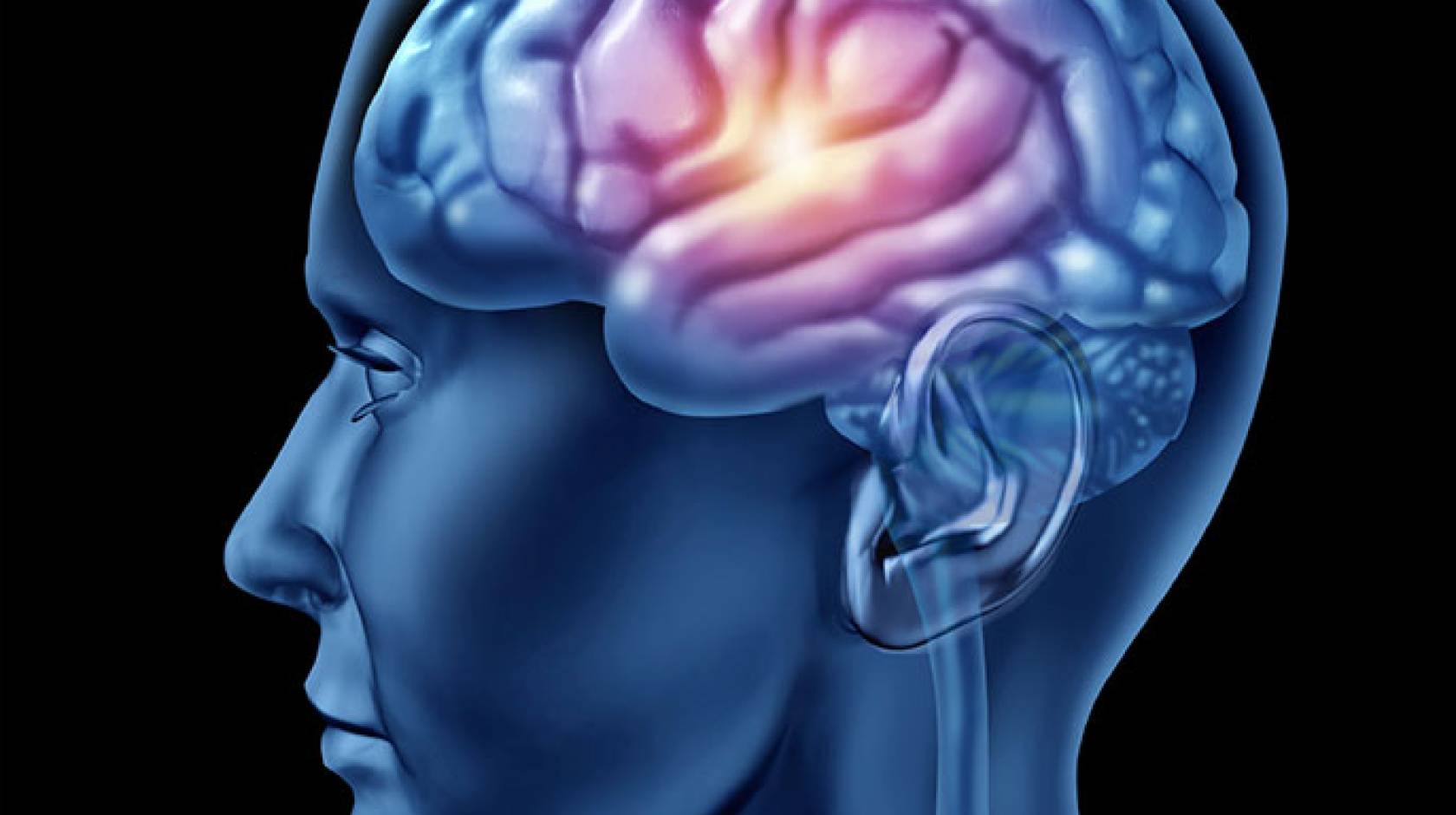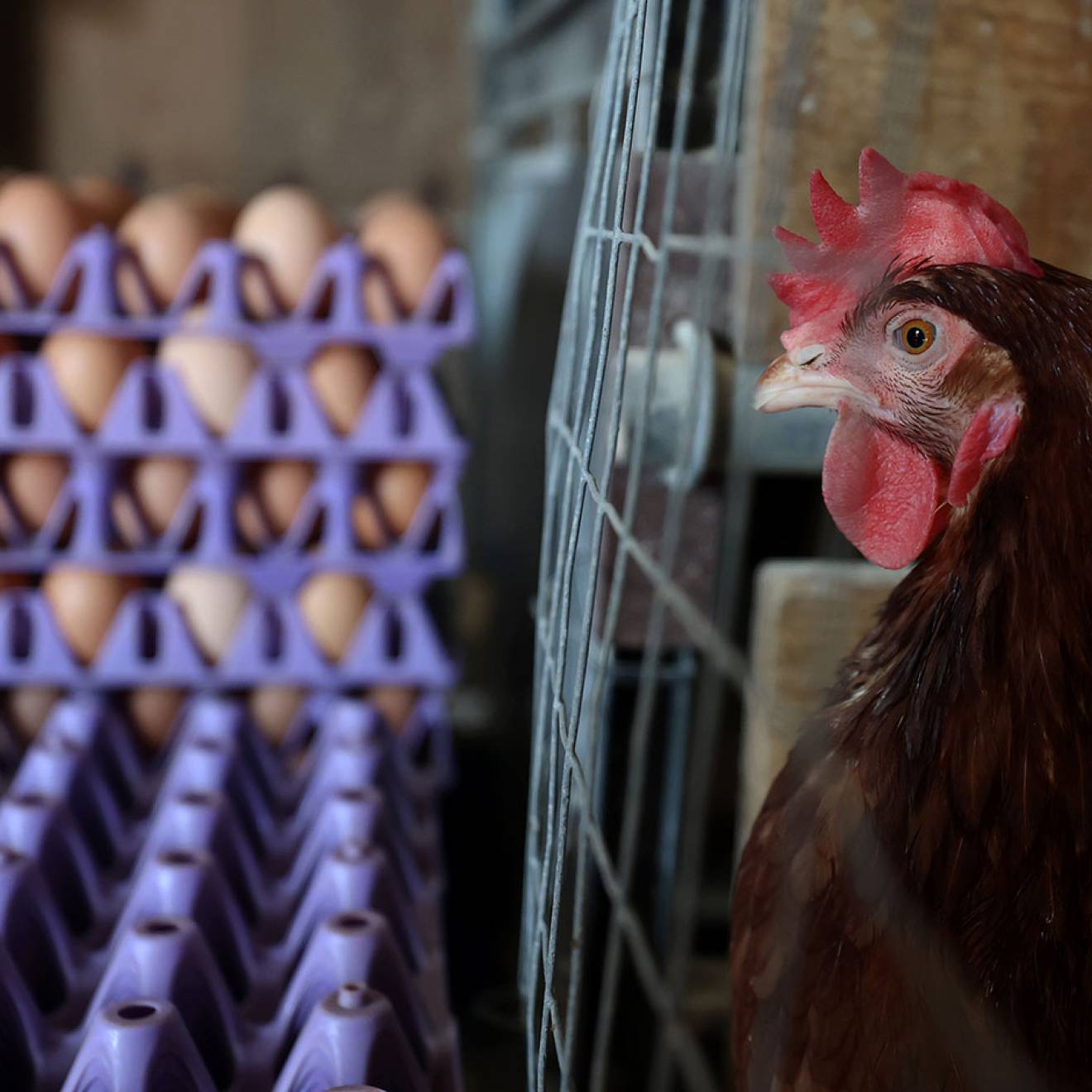Karen Finney, UC Davis

Surgeons at UC Davis Health System are testing an innovative method of limiting cognitive decline in patients with Parkinson’s disease. The treatment — deep brain stimulation, or DBS — involves delivering low levels of electrical stimulation to a part of the brain that controls the abilities to think, plan and remember.
Parkinson’s affects more than a million U.S. adults, with as many as 60,000 new diagnoses each year. It occurs when brain cells die that release dopamine — a chemical necessary for effective cell signaling — leading to the disease’s hallmark symptoms of movement slowness, rigidity and tremors. But it also alters cognition, said Kia Shahlaie, assistant professor of neurological surgery and principal investigator of the study.
“Parkinson’s disease profoundly affects learning and memory as it progresses, and we currently have no good treatments for these aspects of the disease,” said Shahlaie.
DBS reduces the motor symptoms of Parkinson’s but hasn’t been shown to improve cognition. Based on promising recent research, including studies in his own lab, Shahlaie’s new study will involve low-frequency stimulation.
“Other studies used high-frequency stimulation that works for reducing motor symptoms,” said Shahlaie. “This is the first to test a low-frequency strategy for cognitive processing.”
Participants in the clinical study have advanced Parkinson’s disease and are scheduled to begin DBS of the subthalamic nucleus (STN), a structure located deep in the brain that controls motor symptoms. They will first receive low-frequency (or theta) stimulation targeting an isolated portion of the STN involved in cognition. Detailed before-and-after tests of memory, learning and rule use will determine if the approach improves cognitive processing.
“We are part of a new frontier of DBS investigation to find out if it can help correct both motor and non-motor symptoms and preserve quality of life for our patients,” said Shahlaie.
The study is funded in part by a donation from the Chevo Foundation, a Sacramento-based philanthropy focused on raising awareness and research funding for Parkinson’s disease.

